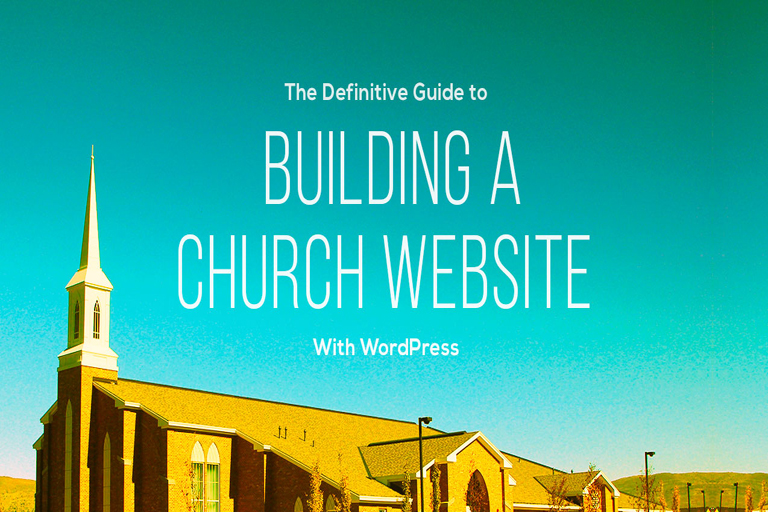Characteristics of Effective Church Websites Design:
For many churches, their website is an invaluable communications tool. Their website can be extremely useful for helping new people to find the church, which can increase the growth of the church. Also, the website can help regular attendees and church members to get information on programs and events at the church.
Despite the enormous possibilities for church websites, many of them are ineffective. With that in mind let’s take a detailed look at the subject of church websites, what makes them effective, and best church website designs.
1) Communicating to the Right Audience
There are two primary audiences for most church websites, and these audiences have very different needs. The first audience consists of church members and regular attendees, and the second audience is people who are looking for information about the church. Members and attendees will typically visit the site to look for information on upcoming events or specific ministries of the church. People who are considering visiting the church will likely be looking for things like the location (address or directions) service times, and what the church believes or practices. In order for a church website to be effective it must address the needs of both of these audiences and make it easy for them to find what they are looking for.
2) Presents the Church & Ministries Website Effectively
Each church has its own culture, style, and practices. Website visitors who are looking for a church will typically want to have an idea of what they should expect if they are to visit for a worship service. Will it be traditional and formal, or more contemporary and informal? Websites can and should do an effective job of communicating the churches style and culture for those who have never attended.
3) Service Information and Directions
The website should clearly list the schedule of services (dates and times) as well as the address or location. Make it easy for website visitors to know when and where they should be if they want to visit the church. If the church has multiple services or multiple locations, provide plenty of information to explain the situation to those who have never attended a service. This information should be no more than 1 or 2 clicks from the homepage, and it should be extremely easy to find.
4) Presentation of Ministries
Some websites visitors will want to be able to find out what ministries the church provides. Church members and attendees could be interested in this information to find opportunities to get involved, and those who are new to the church may want to see what a church has to offer, or they may be looking for a specific program or ministry. The website should provide at least basic information on the various ministries of the church, and ideally contact information for someone involved or in charge of the ministry.
5) Church Contact Information
Some of the website visitors will be arriving to find contact information, like a phone number or email address. Every church website should include at least a phone number for the office and a contact form that can be filled out. Many churches also include contact information for pastors and staff.
6) Attractive Design
Like any type of website, visual appearance counts. While the design is not as critical as the content and information, making a positive first impression requires an effective design. In today’s world it is also helpful to have a responsive design in order to preset the site effectively to visitors on smartphones and tablets.




